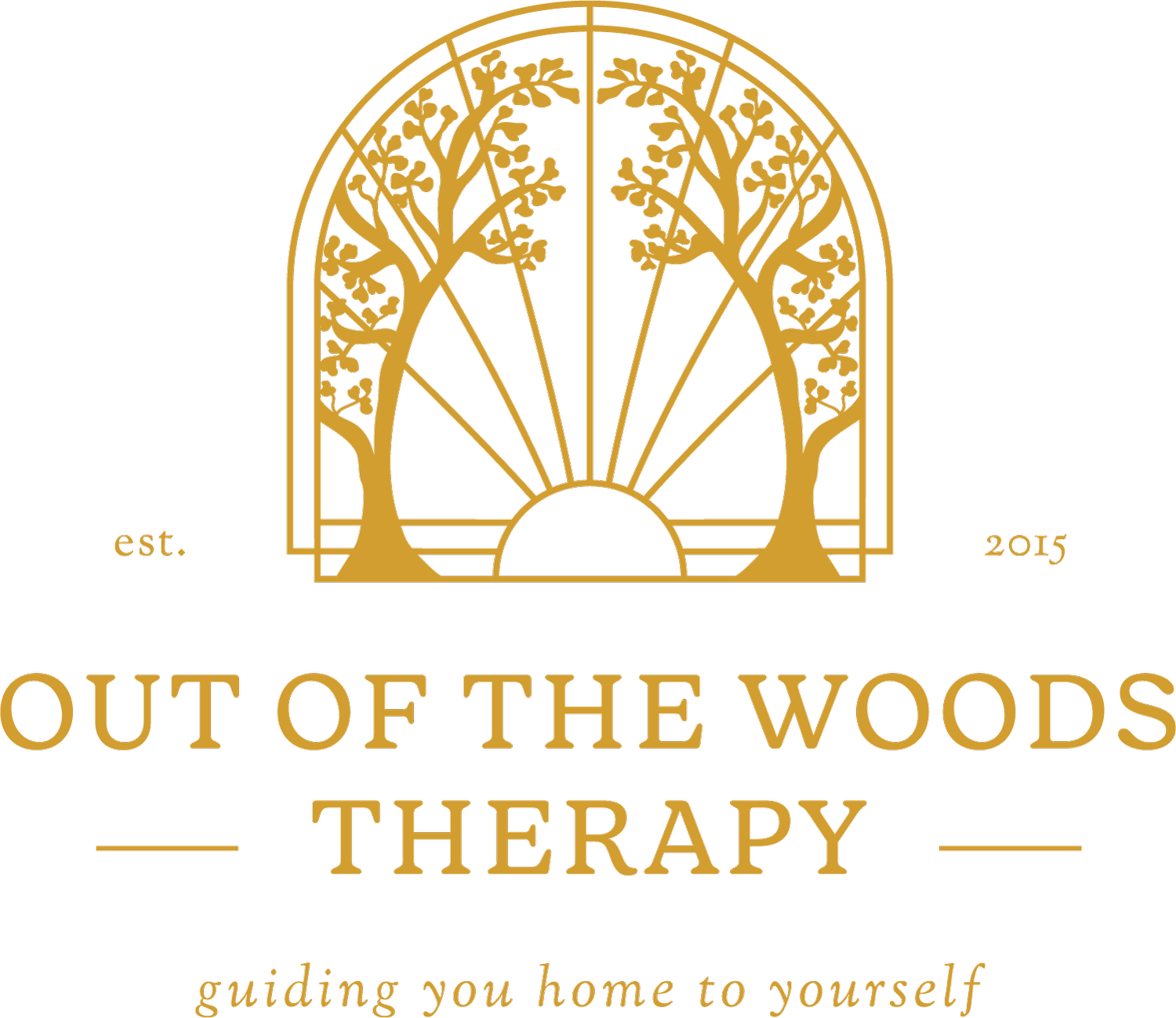In case I hadn’t mentioned it before, I consider myself to be a therapy success story. This post has been written with the consideration of two perspectives: from the person in me who greatly benefited from therapeutic counseling at various points throughout my life and from the therapist in me who has had the privilege of working with truly inspiring clients.
You've SO got this.
1. Accountability.
When you are in therapy, you are the most important person in the room. That’s not such a big surprise, of course. But it is interesting when you consider that most of the magic that happens “in therapy” is a result of the actions that you take outside of therapy. I believe that there is an accountability factor that happens - that simply the idea of being in therapy can be enough to motivate a person to start making positive adjustments or thinking about setting new goals. I’ve heard from numerous clients (individuals and couples) about how they started acting differently as soon as they committed to the idea of making the first appointment. And we hadn’t even met yet!
2. The Relationship.
The therapeutic relationship is so important that I can’t stress enough how critical it is to find the right fit for your style, your personality, and your needs. I know enough to know that I can’t possibly be the right fit for everyone. Sure, that breaks my heart ever-so-slightly (because I have that human response of wanting everyone to like me). But the reality is that therapists have different styles, personalities, and specializations.
When it comes down to it, you want someone who you feel that you can talk to, who you feel like “gets” you, and who you feel like will encourage you to do the things that you want to do to improve your quality of life - no matter how big or small those goals may be. The therapeutic relationship is unique, of course, because the primary focus is all about you and your needs. Also - you may have different needs for different life experiences you are having. The therapist who helped you when you were a depressed teenager may not be the same person you want to talk to when you are having relationship issues in later adulthood.
3. Saying it Aloud & Realizing It for the First Time.
Some of us are really good at being in our own heads. This can be true for introverts and extroverts. Sometimes we carry our thoughts with us and don’t have opportunities to exercise where those thoughts could go. Have you ever had one of those moments when you were talking to someone about things you’d been thinking of (or ruminating over) and had a realization that had not been evident before (even though you’d spent a great deal of time thinking about things that were relating to this epiphany)? I’ve experienced this firsthand and I’ve also seen it happen with clients hundreds of times as a therapist.
4. Educational Component.
Therapy provides an opportunity for you to learn more about yourself and your relationships with others. No, your therapist doesn’t know you better than you do. You are the ultimate expert on yourself and you know your relationships better than your therapist - but your therapist can offer you tools for creating positive changes or provide a different perspective that may uncover things you had not discovered prior. And if your therapist has a specialization or is an expert on certain topics, you might just learn something new that can contribute to your life in a meaningful way.
5. Explore Parts of Yourself In-Depth without Judgment or Ridicule.
You may have plenty of loved ones in your life who you can talk to about most things, but maybe you can’t talk with them about all things because they might not always know how to respond in the most loving and compassionate of ways. (And sometimes people are so well-meaning, but they really don’t know what to say). Or maybe you have a hard time talking with anyone about things that are deeply personal, but need to work some things out by talking with another human being. Therapy, at its best, provides the opportunity to express your thoughts and feelings without judgment or ridicule. I know that not all therapy experiences come with this built-in philosophy of acceptance, but it is extremely important and can be a good indicator that you’ve found your right fit when you feel comfortable expressing yourself to your therapist.
6. Repeating Stories.
This helps people to move on, take action, or sometimes just make sense of it all. Sometimes you might need to talk about something over and over again until you don’t need to talk about it anymore. You may find that the narrative changes over time because your feelings may start to change about the experience after processing it and thinking from various perspectives.
7. Therapy Can be Reassuring and Empowering.
I think of this person often who told me they wanted me to fix them. My response was, “What if we find out that you’re not really broken?” But sometimes we feel broken when we’re going through something terrible or when terrible parts of our past have come back to haunt us in the present. Therapy may be a chance for you to discover that you’re okay for who you are, that you have reasons for feeling the way that you do, and that you have options for making positive changes in your life.
So do you always need a therapist in order to obtain a therapeutic experience or a therapeutic relationship? Not always. Animals are really great listeners who won't judge or ridicule (most of the time, at least). They also provide a lot of teachable moments, too.
Thank you for reading this. Have an amazing day.
In memory of Artemis - who provided a therapeutic relationship without ever knowing he was doing that.



